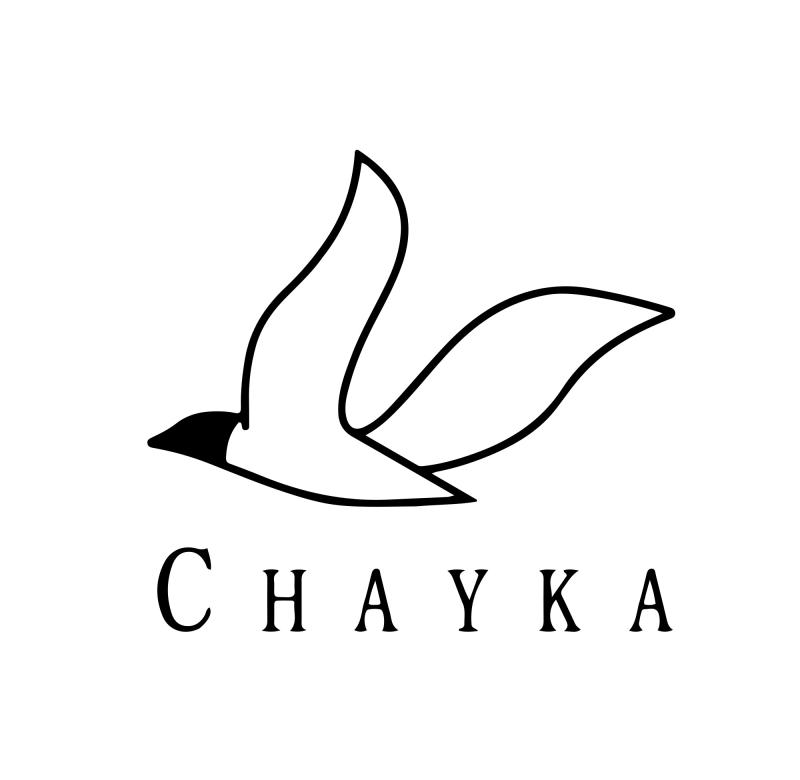From September 2025 to May 2026, CHAYKA will implement a nine-month multimedia project focused on the realities of ageing in Latgale—Latvia’s region with the highest proportion of elderly residents. Seniors in this area are among the most marginalised groups in the country, facing a triple disadvantage: linguistic (with Russian as their main language), geographic (a peripheral location close to the Russian and Belarusian borders), and demographic (high levels of isolation and digital exclusion). The project seeks to address these challenges by combining innovative journalism with practical accessibility tools.
The editorial strand will produce 39 bilingual pieces that balance evidence with lived experience. These will include six video vox pops capturing views from the street, experts, and policymakers; twenty-four analytical articles featuring data visualisations and comparative insights on pensions, healthcare, social services, and ageism in employment; and nine personal life stories that humanise demographic statistics. All content will be published in both Russian and Latvian, with adapted formats for social media—particularly TikTok—to engage younger audiences and foster intergenerational dialogue.
On the technical side, the project will introduce accessibility and automation tools designed to make journalism more usable for elderly readers who may struggle with digital platforms. Planned features include text-to-speech modules, automated article summaries, simplified interface elements such as larger fonts and high-contrast design, and an AI-mentored community journalism module. These tools will be hosted on a secure internal server, ensuring data protection and enabling continuity beyond the grant period. By investing in digital infrastructure, the project will lower long-term operational costs and leave a sustainable legacy for both the newsroom and its audience.
Impact will be assessed through baseline and closing surveys on attitudes towards ageing, analysis of feature uptake (e.g. use of audio articles and simplified navigation), and audience growth metrics, with a target increase of 5–10%. More broadly, the project aims to strengthen pluralistic, bilingual journalism in a region often described as a “news desert”, counter disinformation, and give elderly residents both visibility and a stronger voice in public discourse.
DAmedia (publicly known as CHAYKA) is a non-profit organisation founded in 2018 in Daugavpils. It operates an independent regional newsroom that publishes in both Russian and Latvian (and is the only independent newsroom in Latgale providing Russian-language content). Its primary audience is Russian-speaking, with a growing segment of Latvian-speaking readers. The organisation reaches approximately 80,000 monthly website users and engages large annual audiences across social media and video platforms. It adheres to strict editorial ethics and, since February 2025, has been a member of the Latvian Media Ethics Council with a publicly available editorial code. Platforms include a bilingual website, Facebook, TikTok, YouTube, and Instagram.
Goals (Expected) of the Project
- Strengthening journalism and public debate
The project aims to publish 39 bilingual pieces that reframe ageing as a human experience rather than merely a statistical issue. These outputs include six video vox pops, twenty-four analytical articles, and nine life stories, all published in Russian and Latvian. By distributing this content across both the website and social channels, the project will make demographic challenges more visible and relatable—reaching senior audiences directly while also inviting younger people into the conversation. A 5–10% increase in audience size is expected, with demonstrable engagement among both elderly readers and younger viewers.
- Pluralism and democracy
Latgale remains vulnerable to disinformation and lacks independent media voices, particularly in Russian. This project will sustain the only independent Russian-language newsroom in the region while also expanding its Latvian-language output. By offering equivalent coverage in both languages, the project promotes inclusivity and ensures equal access to reliable journalism. In doing so, it directly addresses media pluralism in a region frequently referred to as a “news desert” and enhances democratic participation among often-excluded communities.
- Human rights-based approach
Many elderly residents in Latgale are digitally excluded. The project will reduce barriers by introducing tools such as text-to-speech articles, article summaries, larger font options, and high-contrast modes. These features are designed to ensure that seniors, regardless of technical ability, can remain informed and engaged. The editorial process will maintain balance, uphold the right of reply, and ensure a clear distinction between fact and opinion, in line with the organisation’s ethics code.
- Diversity, inclusion and equality
The project prioritises seniors—who represent 25% of Latgale’s population—as a marginalised group, while also reaching out to younger generations via short-form video on TikTok and other platforms. Intergenerational dialogue is a central aim, intended to challenge ageism and foster empathy. To broaden participation further, an AI-mentored community journalism module will be launched, enabling individuals with limited digital or language skills to contribute their own stories with editorial support.
- Sustainability
The accessibility and automation tools developed during the project will remain in use beyond the grant period, reducing long-term production costs for the small newsroom. This will create a replicable model for inclusive, bilingual regional journalism that can be adopted by other media outlets.
